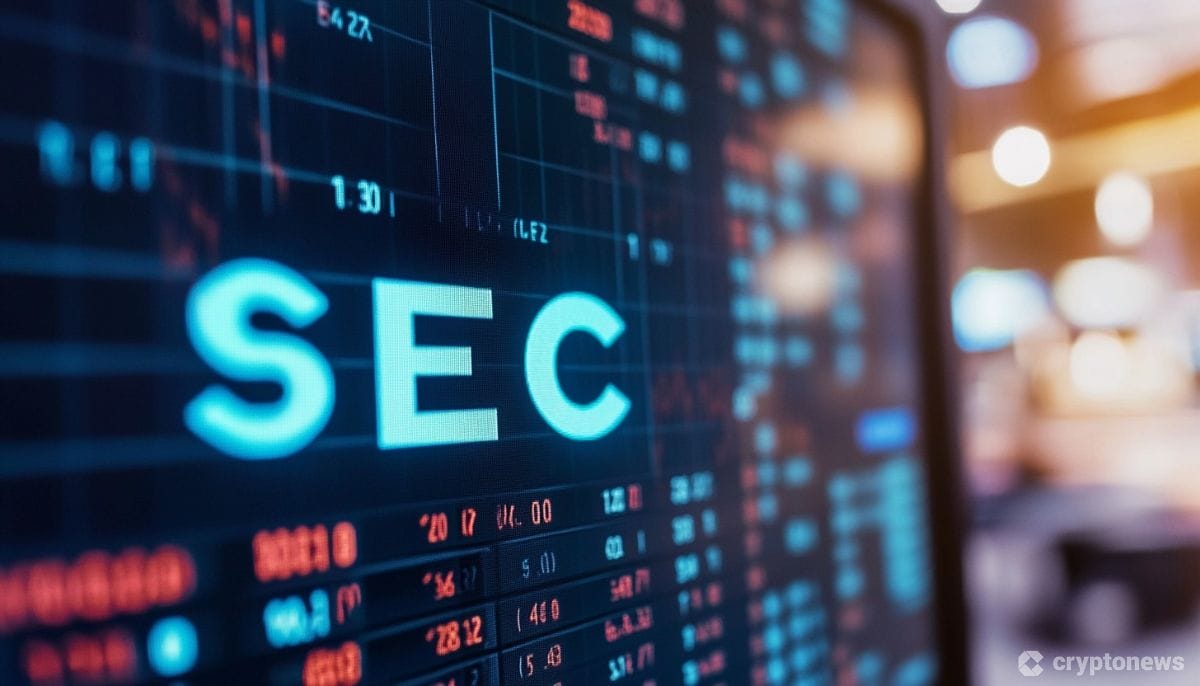Last updated:
 Why Trust Cryptonews
Why Trust Cryptonews

South Korean regulator – Financial Supervisory Service (FSS) – is gearing up to conduct inspection of crypto exchanges to check illegal transactions.
Per an announcement made Tuesday, FSS will check two Korean won-based crypto exchanges where the regulator spotted “unusual cases” previously. Additionally, three more digital asset exchanges and one crypto wallet service will come under the regulator’s surveillance.
The FSS aims to examine other crypto exchanges in case any complaints arise against them, Yonhap news reported.
The move marks the first inspections on virtual asset service providers (VASPs), following the July implementation of the Virtual Asset User Protection Act. The act enabled life imprisonment for crypto players who gain more than 5 billion won ($3.7 million) through illegal transactions.
According to a report by Newsis, particular attention is focused on major exchanges including Upbit, Bithumb, Coinone, Gopax, and Korbit. Additionally, the FSS will conduct inspection at six other places, including Coin Market Exchange, wallet and custodians.
FSS to Inspect on Illegal or Suspicious Crypto Transactions
The regulator aims to check exchanges for any illegal or suspicious transactions to ensure all crypto providers comply with regulations. The regulatory regime includes protection of virtual assets and keeping records of all crypto transactions.
“The FSS will establish market order through stern punishment against illegal activities that may be identified in the process of its inspection,” the regulator noted.
“[FSS] will push for the revision of regulations if necessary by identifying the areas in the system where improvements are needed.”
Furthermore, on-site inspections will be conducted on operators with poor financial status and weak internal controls related to crypto storage.
“We will review compliance with regulations on the storage and management of user assets,” the translated release read.
“We will check the appropriateness of the contents of management contracts with management agencies such as banks, and the reasonable calculation and payment of deposit usage fees.”
Besides, the FSS will also check the actual possession of user’s cryptocurrencies, whether they are managed separately from their own virtual assets and wallets.
The inspection will also include provider’s appropriate insurance subscription and reserve fund accumulation for responsibility of accidents including hacks.





